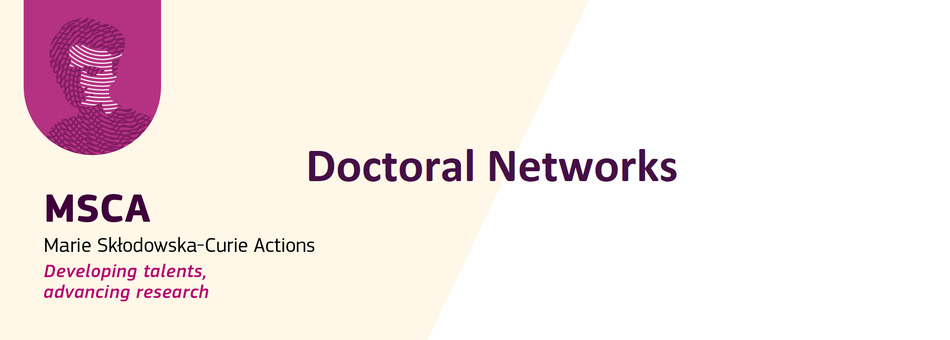Expected Outcome:
Project results are expected to contribute to all of the following outcomes:
- Advanced vehicle technologies and solutions which optimise usability, perception and experience on-board, and when boarding/off-boarding, in terms of security, privacy, well-being, health and assistance.
- Enhanced inclusiveness and trust in the interaction between users and new automated modes of road transport and mobility services in the transition from human-driven to automated vehicles.
- Safety and security of vehicle occupants in all circumstances even when the vehicle is driverless by helping to prevent dangerous and inconvenient situations, also when boarding/off-boarding.
- Strengthened cooperation between users, vehicle manufacturers, suppliers, researchers and other stakeholders to co-design vehicles with solutions that optimise the on-board experience.
- Better understanding of the benefits of new vehicle technologies and solutions in terms of on-board experience, inclusiveness and trust to enable wider user acceptability and hence contribute to the creation of future standards.
- Full exploitation of the new opportunities offered by automated vehicles to provide user-centric, accessible and inclusive mobility for all.
Scope:
In the transition from human-driven to automated vehicles, optimising the on-board experience and overall satisfaction of users is paramount for high social buy-in and widespread adoption of CCAM-based mobility solutions. This can be achieved through the development, integration and validation of advanced vehicle technologies and solutions that serve to optimise the usability, perception and experience on-board and when boarding/off-boarding. Such solutions should be designed holistically by adopting a universal design approach from an inclusive, user-centric perspective. All users will demand vehicles that allow and facilitate relaxing, social or work-related activities within a space designed for health and well-being and that are responsive to individual needs (depending on gender, age, disability, size, weight etc.), while ensuring privacy for social interaction. Hence, a wide range of different user groups are expected to be involved early in the development phase to have their specific needs understood, in order to develop technologies and solutions for individual and shared automated vehicles that meet the demands of all.
To achieve these objectives, it is expected that activities will focus on the development and validation of a range of new, advanced technologies and solutions that leverage the latest advances in technologies and know-how in terms of ensuring a seamless interaction between the vehicle and its occupants that are also fully aligned with safety requirements (and future standards), including at least the following aspects:
- Perception-focused solutions and features (e.g. temperature, lighting, sound/acoustics, vibration, seating, posture), aimed at enhancing the sense of safety, privacy, and well-being while eliminating stress, including personalisation, addressing the specific needs of individuals from diverse user groups (e.g. elderly, disabled, tourists).
- Alternative, flexible and automated interior configurations to better suit occupants’ needs.
- Solutions that further advance the state-of-the-art with respect to tackling motion sickness.
- Adaptive systems that can also transfer preferred personal settings between vehicles to increase the user acceptability of shared vehicles.
- New mobility services also for users with special needs (e.g. elderly and disabled), which take into account the heterogeneous requirements and preferences of different target groups.
- Technologies to ensure the security of the occupants, which monitor inside and outside the vehicle to reduce the risk of its misuse and counteracting dangerous situations (e.g. assaults, vandalism, thefts, etc.).
It will be necessary, also based on feedback from user groups, to assess how the technologies and services developed benefit on-board experience and inclusiveness.
This topic requires the effective contribution of SSH disciplines including ethics and gender and the involvement of SSH experts, institutions as well as the inclusion of relevant SSH expertise, in order to produce meaningful and significant effects enhancing the societal impact of the related research activities.
In order to achieve the expected outcomes, international cooperation is encouraged, in particular with Japan and the United States but also with other relevant strategic partners in third countries.
This topic implements the co-programmed European Partnership on ‘Connected, Cooperative and Automated Mobility’ (CCAM). As such, projects resulting from this topic will be expected to report on results to the European Partnership ‘Connected, Cooperative and Automated Mobility’ (CCAM) in support of the monitoring of its KPIs.





